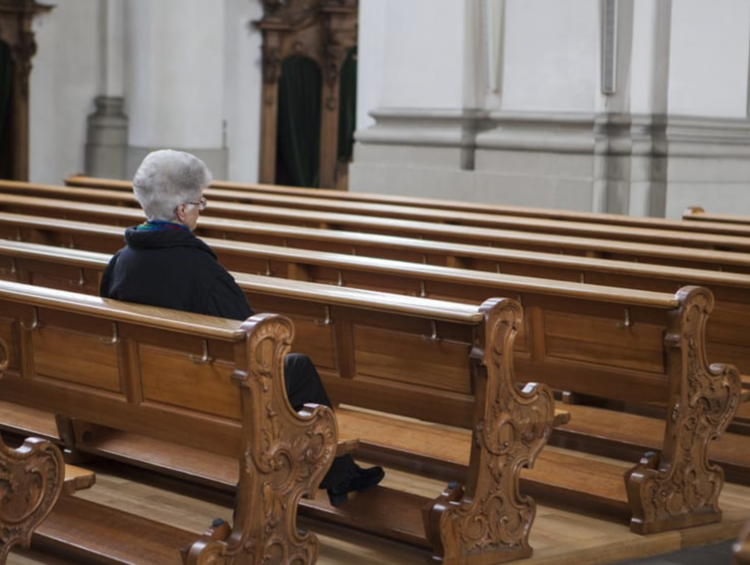THE QUESTION:
Is having children a moral duty for married couples?
THE RELIGION GUY'S ANSWER:
Pope Francis provoked a fuss at his first general audience of 2022 by remarking that "many, many couples do not have children because they do not want to, or they have just one -- but they have two dogs, two cats. … Dogs and cats take the place of children." He continued, "This denial of fatherhood or motherhood diminishes us; it takes away our humanity" and "civilization becomes aged."
So, do married couples have a moral duty to bear children, and preferably more than one?
Birth rates have emerged as a pressing secular issue of this era. The Religion Guy is old enough to remember progressives' alarm over an impending "population bomb" and enthusiasm for "zero population growth."
While those ideas persist, all the buzz these days is about the globe's great Birth Dearth.
The lead article on page one of the January 18 New York Times was headlined "Worries in China that Population May Soon Shrink." The trend in that nation's official demographic report, issued the day before, suggested that 2021 may be the last year when births outnumber deaths as the population begins decreasing. The birth shortage is even bigger than in 1961 during Mao Zedong's infamous "Great Leap Forward" economic scheme, which produced unaccountably vast famine and death.
The Times stated as objective fact that this is a "crisis" for the vast nation that "could undermine its economy and even its political stability."










